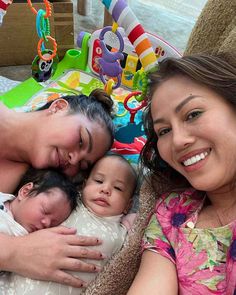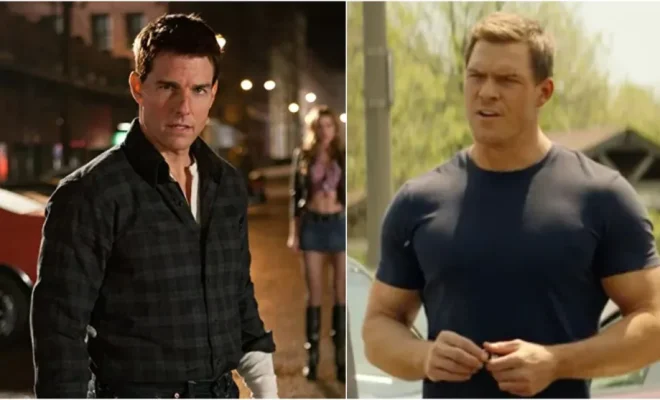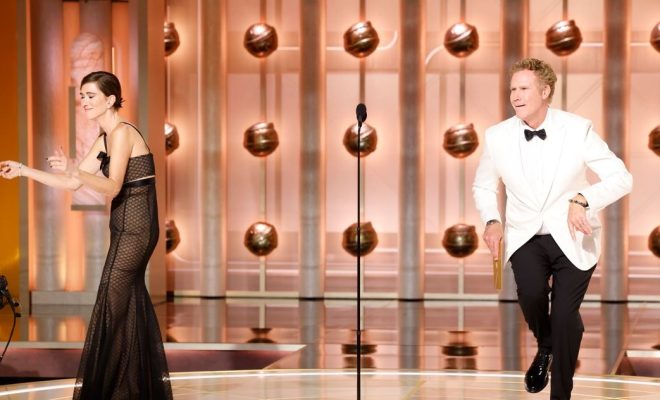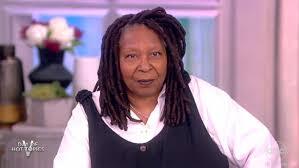I Saw Her Through Such Innocent Eyes Then’: Julia Roberts Explains How Her ViewOf Her My Best Friend’s Wedding Character Has Changed Over The Years
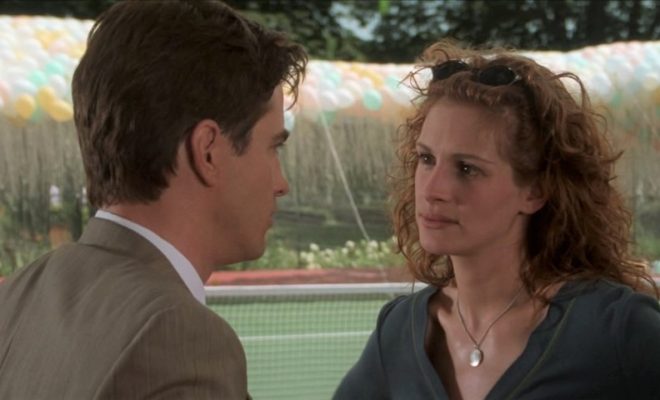
In the beloved 1997 romantic comedy, “My Best Friend’s Wedding,” Julia Roberts captivated audiences with her portrayal of Julianne Potter, a woman who realizes she loves her best friend when he announces his impending marriage to someone else. At the time of its release, Roberts embodied Julianne with a charming mix of vivacity and desperation, earning both laughter and empathy from viewers around the world. However, looking back on the character decades later, Roberts acknowledges that her perspective on Julianne has evolved significantly.
Now seeing the character through a lens tempered by years of life experience and professional growth, Roberts reflects on Julianne’s actions with a more critical eye. Where once she saw Julianne as simply a lovestruck protagonist pursuing her happily ever after, she has come to recognize the nuances of selfishness and obsession in her pursuit. “I saw her through such innocent eyes then,” Roberts mused during an interview about revisiting earlier roles in light of contemporary discussions about relationships and personal autonomy.
Roberts explained how her understanding has deepened over time, emphasizing that part of what makes revisiting characters like Julianne intriguing is noticing things you didn’t before – whether they are admirable or uncomfortably flawed. In her youth, it seemed like Julianne was simply fighting for love, but now Roberts comments on how the character’s actions could be perceived as manipulative and harmful to those around her.
The shifting lens through which we view past narratives reflects our society’s growth in recognizing complex relationship dynamics. It emphasizes how context and experience can shape our interpretations of film characters who once seemed simple or unequivocal in their motives. Roberts’ contemplative take on Julianne serves as an example of how stories can persist in our cultural consciousness while allowing room for reinterpretation over time.
As such, Julia Roberts’ ability to reevaluate and discuss her character’s flaws openly demonstrates not only personal maturity but also illustrates a collective shift towards more nuanced understandings of romantic comedies and their protagonists. In embracing this change in perception, audiences can approach beloved films from their past with fresh eyes and potentially gain new insights into the messages these stories convey.

